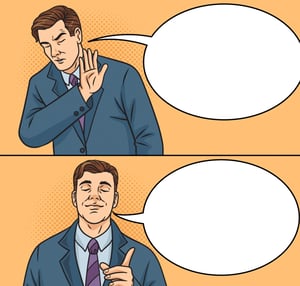
As workplace hierarchies flatten and Millennials and Gen Z reshape office culture, the line between boss and buddy has become increasingly blurry. While many companies now pride themselves on their "family-like" atmosphere, workplace experts warn that getting too chummy with your manager can backfire - for both parties.
"The power dynamic doesn't disappear just because you're sharing memes on Slack. When your friend has to decide whether you get a promotion or need to be put on a performance improvement plan, that's when things get messy.
Just ask this former tech startup employee who learned this lesson the hard way. "My manager and I were great friends - weekend hangouts, dinner parties, the works," he says. "Then I had to ask for a raise. Suddenly, all our inside jokes felt awkward, and hhe seemed personally betrayed that I was 'making things about money.'"
The risks go both ways. Managers who get too close to their direct reports often struggle with maintaining objectivity and fairness. "I've seen leaders play favorites without even realizing it," notes a well-known HR consultant. "When your work friend underperforms, it's much harder to have those necessary tough conversations."
But in an era of remote work and increasing isolation, is keeping your manager at arm's length realistic - or even desirable? Some experts suggest a middle ground.
Being friendly is different from being friends. You can have warm, positive relationships with your manager while maintaining professional boundaries. The key is understanding where to draw the line."
Some suggested boundaries:
- Keep personal conversations light and workplace-appropriate
- Avoid sharing details about your dating life or financial struggles
- Don't connect on personal social media
- Remember that anything you say might come up in your next performance review
As workplaces continue evolving, the manager-employee relationship will keep shifting too. But one thing remains constant: at the end of the day, it's still a professional relationship first.
Your manager can be your mentor, your advocate, even your work confidant. But your actual friend? That's probably asking for trouble.























0 Comments